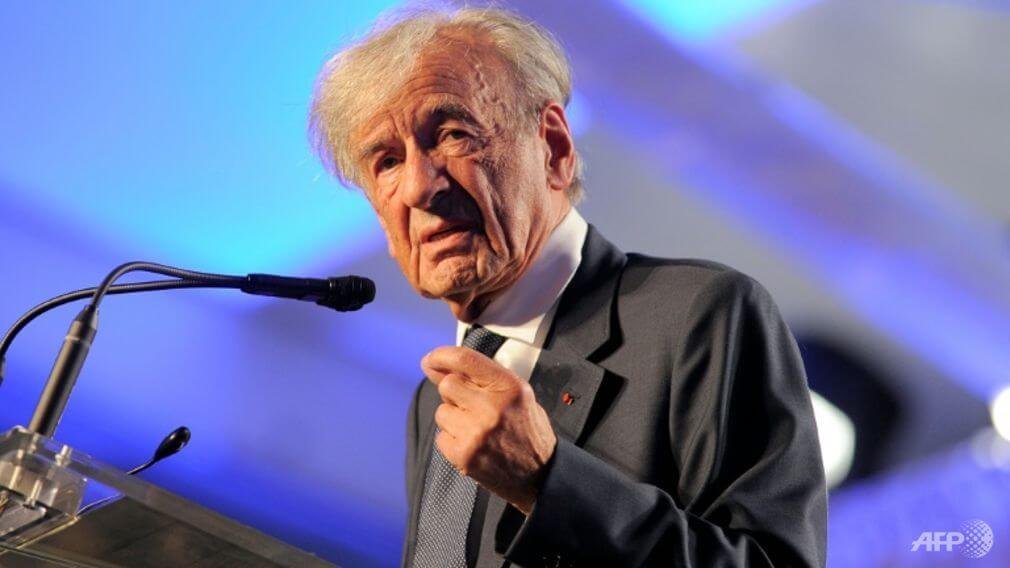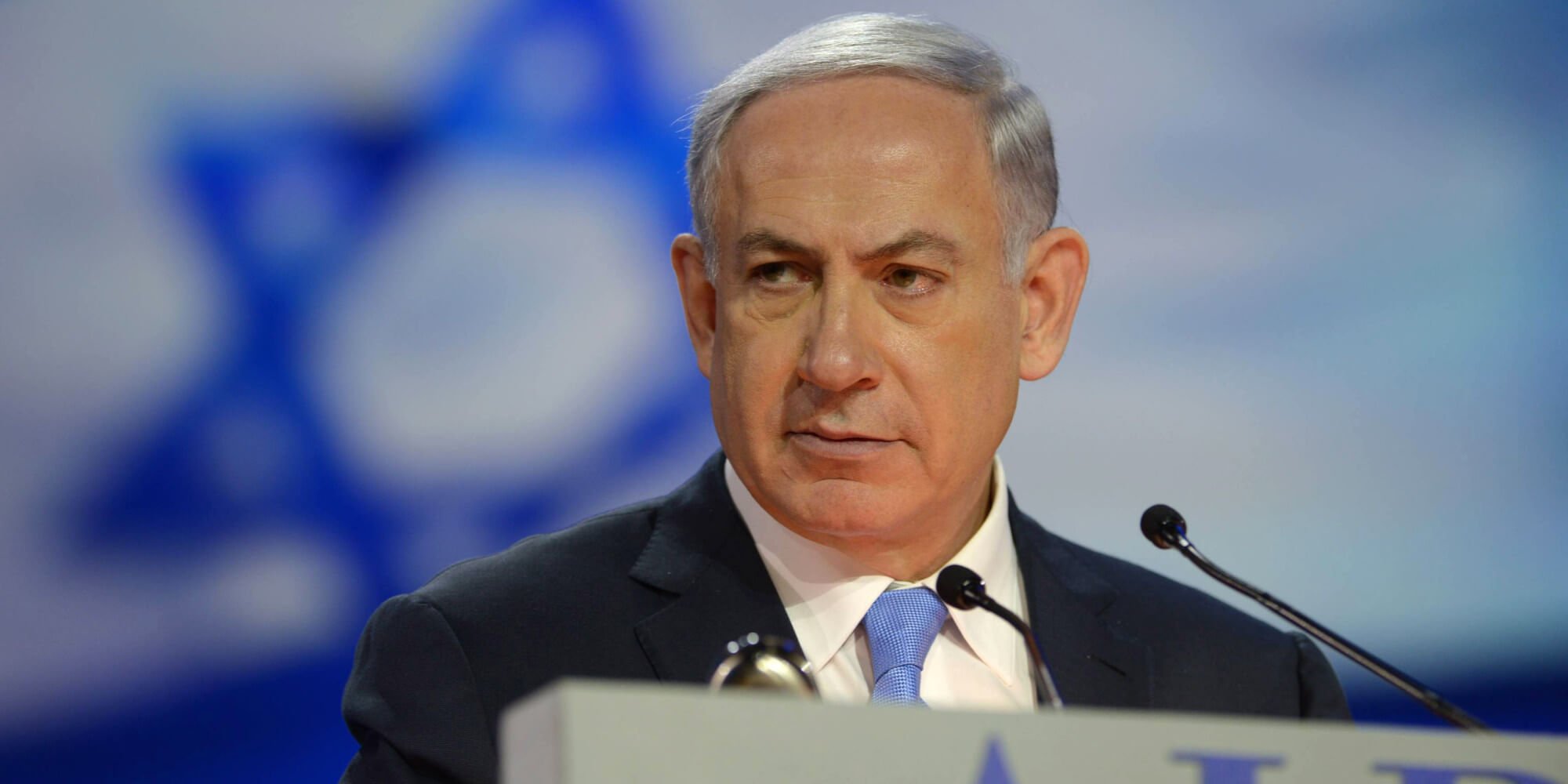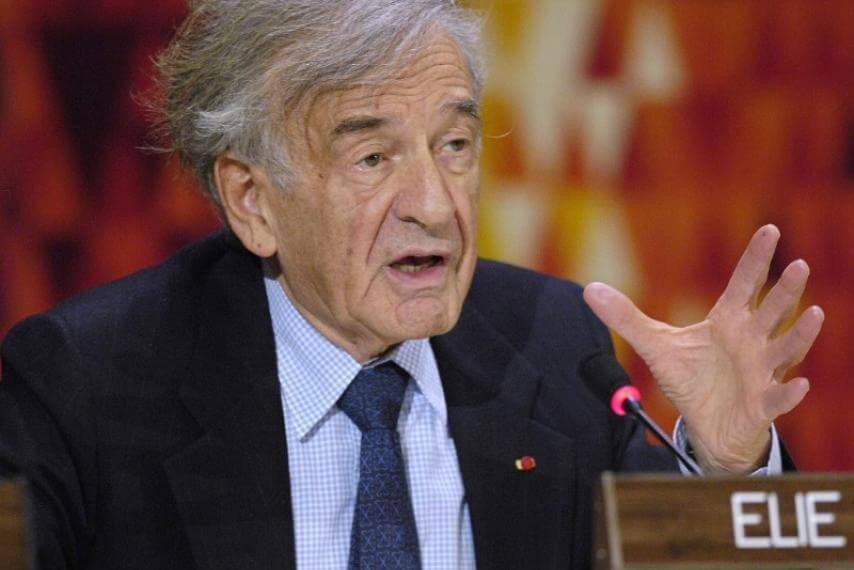Activist and writer Elie Wiesel, the World War Two death camp survivor who won a Nobel Peace Prize for becoming the life-long voice of millions of Holocaust victims, died on Saturday. He was 87.
Wiesel was a philosopher, speaker, playwright and professor who also campaigned for the tyrannized and forgotten around the world. He died at his home in New York City, the New York Times reported.

The Romanian-born Wiesel lived by the credo expressed in “Night,” his landmark story of the Holocaust – “to forget the dead would be akin to killing them a second time.”
In awarding the Peace Prize in 1986, the Nobel Committee praised him as a “messenger to mankind” and “one of the most important spiritual leaders and guides in an age when violence, repression and racism continue to characterize the world.”
Israeli Prime Minister Benjamin Netanyahu hailed Wiesel as a ray of light, and said his extraordinary personality and unforgettable books demonstrated the triumph of the human spirit over the most unimaginable evil.
“Out of the darkness of the Holocaust, Elie became a powerful force for light, truth and dignity,” he said.

Wiesel was a hollow-eyed 16-year-old when he emerged from the newly liberated Buchenwald concentration camp in 1945. He had been orphaned by the Nazis and their identification number, A-7713, was tattooed on his arm as a physical manifestation of his broken faith and the nightmares that would haunt him throughout his life.
Wiesel and his family had first been taken by the Nazis from the village of Sighetu Marmatiei in the Transylvania region of Romania to Auschwitz, where his mother and one of his sisters died. Wiesel and his father, Shlomo, ended up in Buchenwald, where Shlomo died. In “Night” Wiesel wrote of his shame at lying silently in his bunk while his father was beaten nearby.
After the war Wiesel made his way to France, studied at the Sorbonne and by 19 had become a journalist. He pondered suicide and never wrote of or discussed his Holocaust experience until 10 years after the war as a part of a vow to himself. He was 27 years old in 1955 when “Night” was published in Yiddish, and Wiesel would later rewrite it for a world audience.
“Never shall I forget that night, the first night in camp, which has turned my life into long night, seven times cursed and seven times sealed …,” Wiesel wrote. “Never shall I forget those flames that consumed my faith forever. Never shall I forget that nocturnal silence which deprived me, for all eternity, of the desire to live.”

Asked by an interviewer in 2000 why he did not go insane, Wiesel said, “To this day that is a mystery to me.”
By 2008, “Night” had sold an estimated 10 million copies, according to the New York Times, including 3 million after talk-show hostess Oprah Winfrey made it a spotlight selection for her book club in 2006.
In 1985 Wiesel helped break ground in Washington for the U.S. Holocaust Memorial Museum and the following year was awarded the Nobel Peace Prize. In typical fashion, he dedicated the prize to all those who survived the Nazi horror, calling them “an example to humankind how not to succumb to despair.”
Wiesel, who became a U.S. citizen in 1963, was slight in stature but a compelling figure when he spoke. With a chiseled profile, burning eyes and a shock of gray hair, he could silence a crowd by merely standing up.
A few years after winning the peace prize, he set up the Elie Wiesel Foundation for Humanity, which, in addition to Israeli and Jewish causes, campaigned for Miskito Indians in Nicaragua, Cambodian refugees, victims of South African apartheid and of famine and genocide in Africa.
Wiesel was attacked in a San Francisco hotel in 2007 by a 22-year-old Holocaust denier, but not injured.
Wiesel and wife Marion married in 1969 and their son, Elisha, was born in 1972.

















